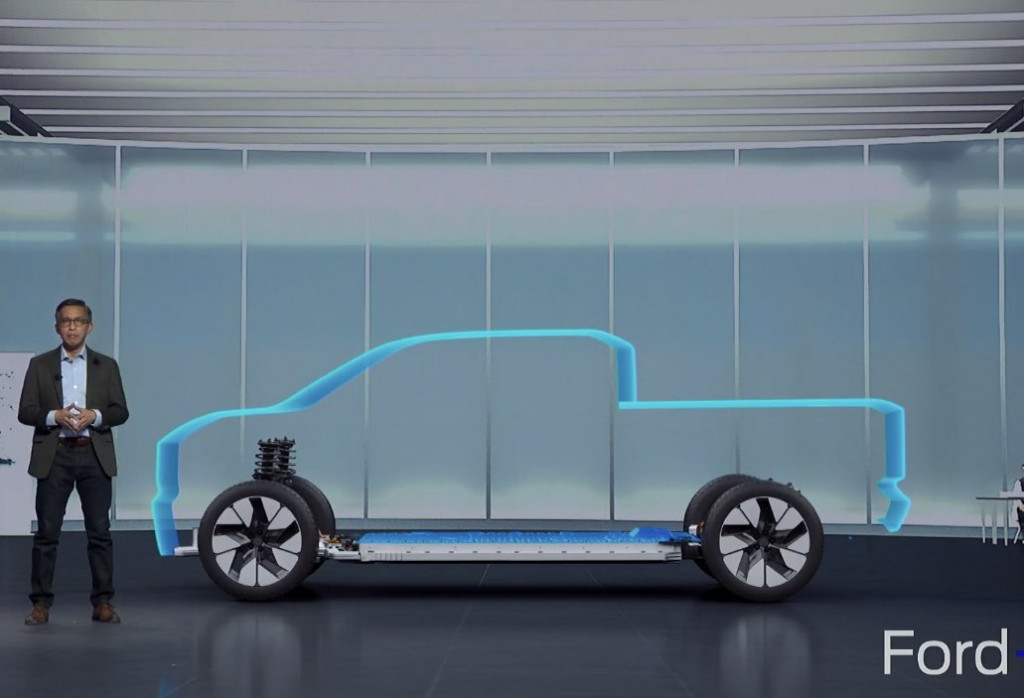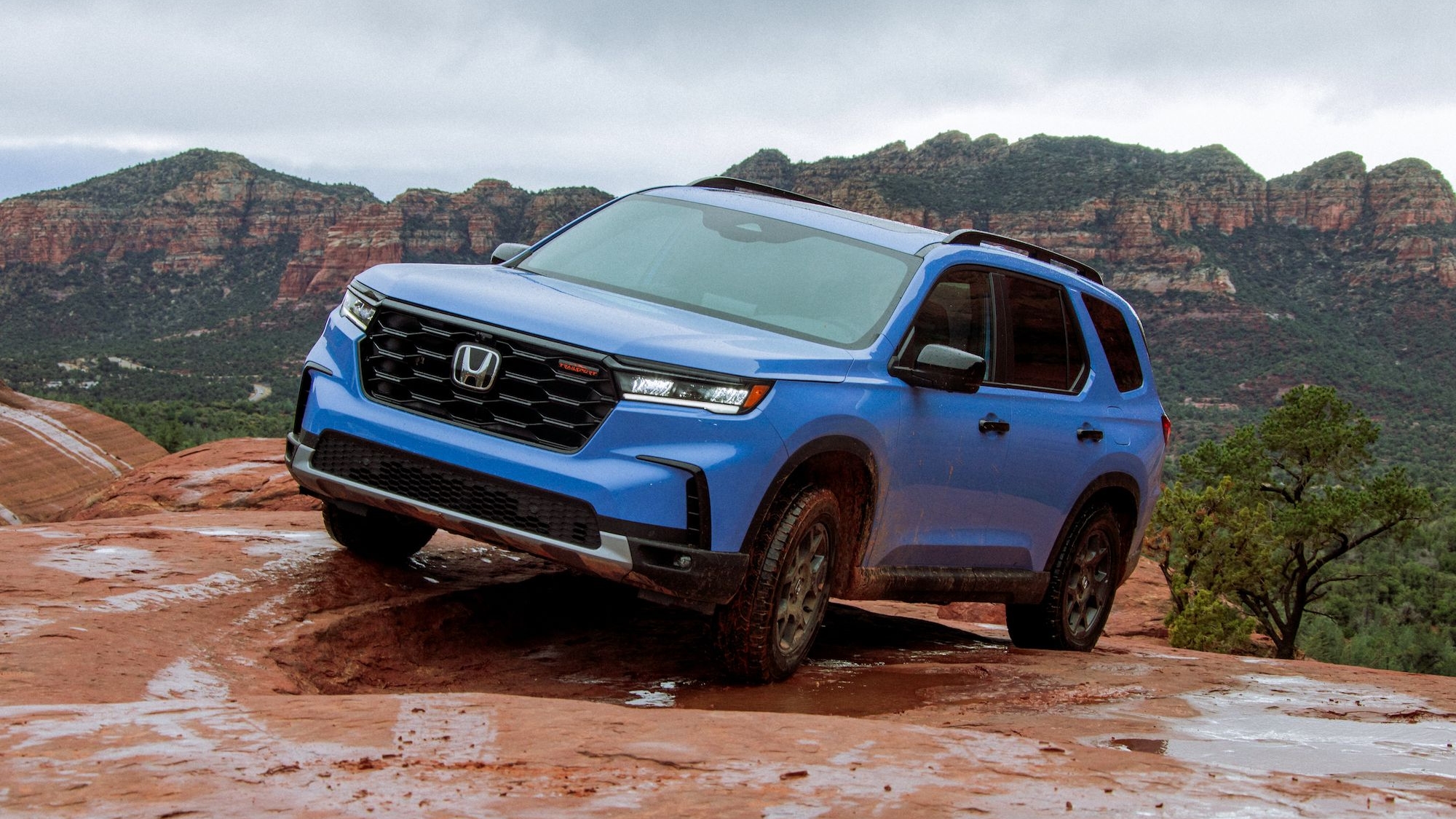Ford provided an update on its electrification plans during an investor presentation held online on Wednesday, and tucked away in all the investor-speak were nuggets of information on upcoming vehicles.
Ford said it was upping investment on electrification running through 2025 to more than $30 billion, up from the $22 billion announced only in February. The goal is to have 40% of global volume represented by electric vehicles by 2030.
To reach this goal, Ford will develop new dedicated EV platforms as well as its own battery technology, including solid-state batteries which CEO Jim Farley said will be in production this decade.
Two new dedicated EV platforms were announced during the presentation. One will be a mid-size platform supporting rear- and all-wheel-drive vehicles, which Ford will use in both lifestyle and commercial vehicles, including pickups. Another will be a platform designed for full-size pickup trucks and SUVs. For smaller EVs, Ford is relying on Volkswagen Group's MEB platform, found in vehicles like the Volkswagen ID.4. Ford will first use the MEB platform for a compact crossover due on sale in Europe in 2023.
For the U.S. market, Ford confirmed there will be an electric Explorer and related electric Lincoln Aviator. The automaker also mentioned “rugged, off-road utilities,” hinting that an electric Bronco might be in the works. Timing for the vehicles wasn't mentioned but Ford said its new platforms would support the launch of EVs right up through the end of the decade.

Electric Ford F-Series outline from Ford Capital Market Day presentation via Mike Levine on Twitter
Ford's current EVs, the Mustang Mach-E, E-Transit and recently revealed F-150 Lightning, use platforms originally designed for internal-combustion power. The F-150 Lightning in the week since its reveal has managed to rack up 70,000 reservations, Ford said.
Ford also used the presentation to provide an update on its developments in battery technology. The automaker has established its own battery research lab in Michigan known as the Ford Ion Park, and has also established a joint venture with Korea's SK Innovation to manufacture battery cells and packs at two plants to be located in the U.S.
Initially, Ford will focus on current liquid-type lithium-ion batteries, which will be branded IonBoost. Ford said the batteries will use pouch cells with a special chemistry, as well as the automaker's own control algorithms. The automaker also said the batteries were developed with large vehicles and performance vehicles in mind. The latter suggests we might see them in a future Mustang EV.
Ford is also developing solid-state batteries, which will be able to deliver more range while also taking up less space in the vehicle. The batteries should also cost less to produce than current batteries when they become commercially available later this decade.
In this area, Ford is investing in Colorado's Solid Power which is developing sulfide-based solid-state battery cells. The company, which also counts BMW Group as an investor, has demonstrated the ability to produce and scale solid-state batteries designed for longer range, lower cost and safer vehicles compared to today's crop of EVs.



